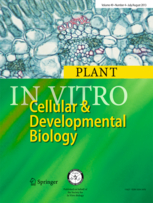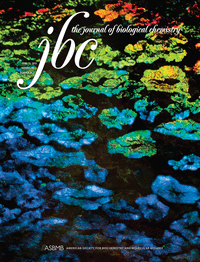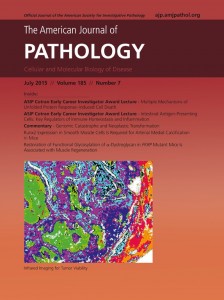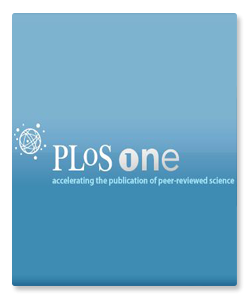 In Vitro Cellular & Developmental Biology – Plant has flagged a 2004 article that was “accidentally” duplicated from another paper published earlier that year — but did so in the form of a publisher’s erratum, not a retraction.
In Vitro Cellular & Developmental Biology – Plant has flagged a 2004 article that was “accidentally” duplicated from another paper published earlier that year — but did so in the form of a publisher’s erratum, not a retraction.
The editor of the journal justified the decision by arguing that the duplicated paper had been cited “over a dozen times” and was old enough to not warrant a retraction:
Considering that both articles were published over a decade ago and both have been referenced by other papers over a dozen times each, it seems like a retraction of one manuscript may damage the integrity of the literature more than using the erratum to point out the error to future scientists.
The study, “In vitro shoot regeneration from cotyledonary node explants of a multipurpose leguminous tree, Pterocarpus marsupium roxb,” developed a protocol for effectively growing shoots of the Indian Kino tree.
The first version has been cited 21 times and the duplicated version was cited 13 times, according to Thomson Scientific’s Web of Knowledge. Here’s the notice:
Continue reading Retracting duplicated paper “may damage the integrity of the literature,” says plant journal editor








